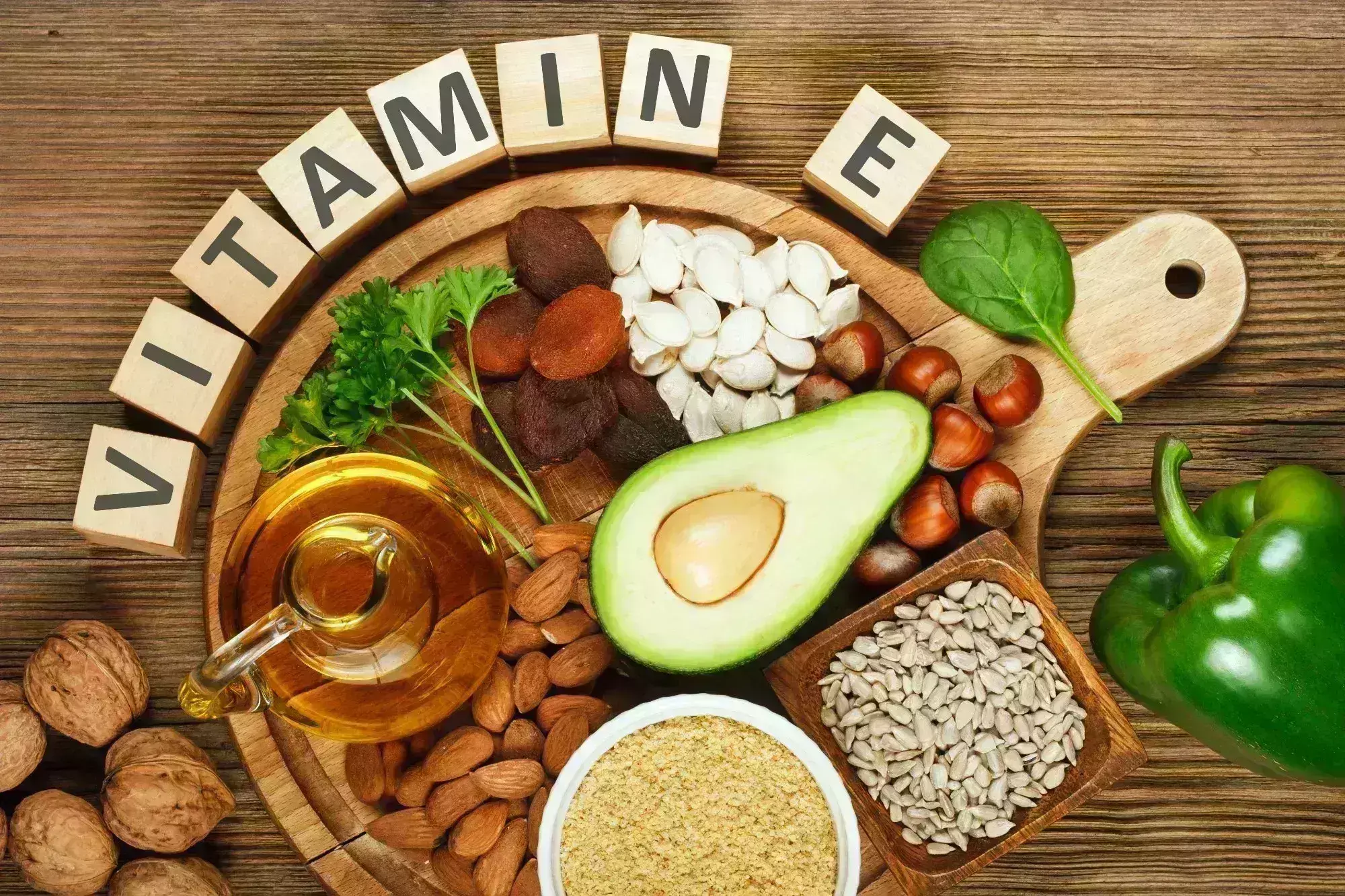- Home
- Medical news & Guidelines
- Anesthesiology
- Cardiology and CTVS
- Critical Care
- Dentistry
- Dermatology
- Diabetes and Endocrinology
- ENT
- Gastroenterology
- Medicine
- Nephrology
- Neurology
- Obstretics-Gynaecology
- Oncology
- Ophthalmology
- Orthopaedics
- Pediatrics-Neonatology
- Psychiatry
- Pulmonology
- Radiology
- Surgery
- Urology
- Laboratory Medicine
- Diet
- Nursing
- Paramedical
- Physiotherapy
- Health news
- Fact Check
- Bone Health Fact Check
- Brain Health Fact Check
- Cancer Related Fact Check
- Child Care Fact Check
- Dental and oral health fact check
- Diabetes and metabolic health fact check
- Diet and Nutrition Fact Check
- Eye and ENT Care Fact Check
- Fitness fact check
- Gut health fact check
- Heart health fact check
- Kidney health fact check
- Medical education fact check
- Men's health fact check
- Respiratory fact check
- Skin and hair care fact check
- Vaccine and Immunization fact check
- Women's health fact check
- AYUSH
- State News
- Andaman and Nicobar Islands
- Andhra Pradesh
- Arunachal Pradesh
- Assam
- Bihar
- Chandigarh
- Chattisgarh
- Dadra and Nagar Haveli
- Daman and Diu
- Delhi
- Goa
- Gujarat
- Haryana
- Himachal Pradesh
- Jammu & Kashmir
- Jharkhand
- Karnataka
- Kerala
- Ladakh
- Lakshadweep
- Madhya Pradesh
- Maharashtra
- Manipur
- Meghalaya
- Mizoram
- Nagaland
- Odisha
- Puducherry
- Punjab
- Rajasthan
- Sikkim
- Tamil Nadu
- Telangana
- Tripura
- Uttar Pradesh
- Uttrakhand
- West Bengal
- Medical Education
- Industry
Selenium supplementation fails to reduce risk for recurrence of non-muscle-invasive bladder cancer: JAMA

Selenium supplementation fails to reduce risk for recurrence of non-muscle-invasive bladder cancer suggests a new study published in the JAMA
Selenium and vitamin E have been identified as promising agents for the chemoprevention of recurrence and progression of non–muscle-invasive bladder cancer.
A study was done to determine whether selenium and/or vitamin E may prevent disease recurrence in patients with newly diagnosed NMIBC.
This multicenter, prospective, double-blinded, placebo-controlled, 2 × 2 factorial randomized clinical trial included patients with newly diagnosed NMIBC recruited from 10 secondary or tertiary care hospitals in the UK. A total of 755 patients were screened for inclusion; 484 did not meet the inclusion criteria, and 1 declined to participate. A total of 270 patients were randomly assigned to 4 groups (selenium plus placebo, vitamin E plus placebo, selenium plus vitamin E, and placebo plus placebo) in a double-blind fashion between July 17, 2007, and October 10, 2011. Eligibility included initial diagnosis of NMIBC (stages Ta, T1, or Tis); randomization within 12 months of first transurethral resection was required.
Oral selenium (200 μg/d of high-selenium yeast) and matched vitamin E placebo, vitamin E (200 IU/d of d-alfa-tocopherol) and matched selenium placebo, selenium and vitamin E, or placebo and placebo.
Results
The study randomized 270 patients (mean [SD] age, 68.9 [10.4] years; median [IQR] age, 69 [63-77] years; 202 male [75%]), with 65 receiving selenium and vitamin E placebo, 71 receiving vitamin E and selenium placebo, 69 receiving selenium and vitamin E, and 65 receiving both placebos. Median overall follow-up was 5.5 years (IQR, 5.1-6.1 years); 228 patients (84%) were followed up for more than 5 years. Median treatment duration was 1.5 years (IQR, 0.9-2.5 years). The study was halted because of slow accrual. For selenium (n = 134) vs no selenium (n = 136), there was no difference in RFI (hazard ratio, 0.92; 95% CI, 0.65-1.31; P = .65). For vitamin E (n = 140) vs no vitamin E (n = 130), there was a statistically significant detriment to RFI (hazard ratio, 1.46; 95% CI, 1.02-2.09; P = .04). No significant differences were observed for progression-free interval or overall survival time with either supplement. Results were unchanged after Cox proportional hazards regression modeling to adjust for known prognostic factors. In total, 1957 adverse events were reported; 85 were serious adverse events, and all were considered unrelated to trial treatment.
In this randomized clinical trial of selenium and vitamin E, selenium supplementation did not reduce the risk of recurrence in patients with NMIBC, but vitamin E supplementation was associated with an increased risk of recurrence. Neither selenium nor vitamin E influenced progression or overall survival. Vitamin E supplementation may be harmful to patients with NMIBC, and elucidation of the underlying biology is required.
Reference:
Bryan RT, Pirrie SJ, Abbotts B, et al. Selenium and Vitamin E for Prevention of Non–Muscle-Invasive Bladder Cancer Recurrence and Progression: A Randomized Clinical Trial. JAMA Netw Open. 2023;6(10):e2337494. doi:10.1001/jamanetworkopen.2023.37494
Keywords:
Selenium, supplementation, fails, reduce, risk, recurrence, non-muscle-invasive, bladder, cancer, JAMA, Bryan RT, Pirrie SJ, Abbotts B
Dr. Shravani Dali has completed her BDS from Pravara institute of medical sciences, loni. Following which she extensively worked in the healthcare sector for 2+ years. She has been actively involved in writing blogs in field of health and wellness. Currently she is pursuing her Masters of public health-health administration from Tata institute of social sciences. She can be contacted at editorial@medicaldialogues.in.
Dr Kamal Kant Kohli-MBBS, DTCD- a chest specialist with more than 30 years of practice and a flair for writing clinical articles, Dr Kamal Kant Kohli joined Medical Dialogues as a Chief Editor of Medical News. Besides writing articles, as an editor, he proofreads and verifies all the medical content published on Medical Dialogues including those coming from journals, studies,medical conferences,guidelines etc. Email: drkohli@medicaldialogues.in. Contact no. 011-43720751


